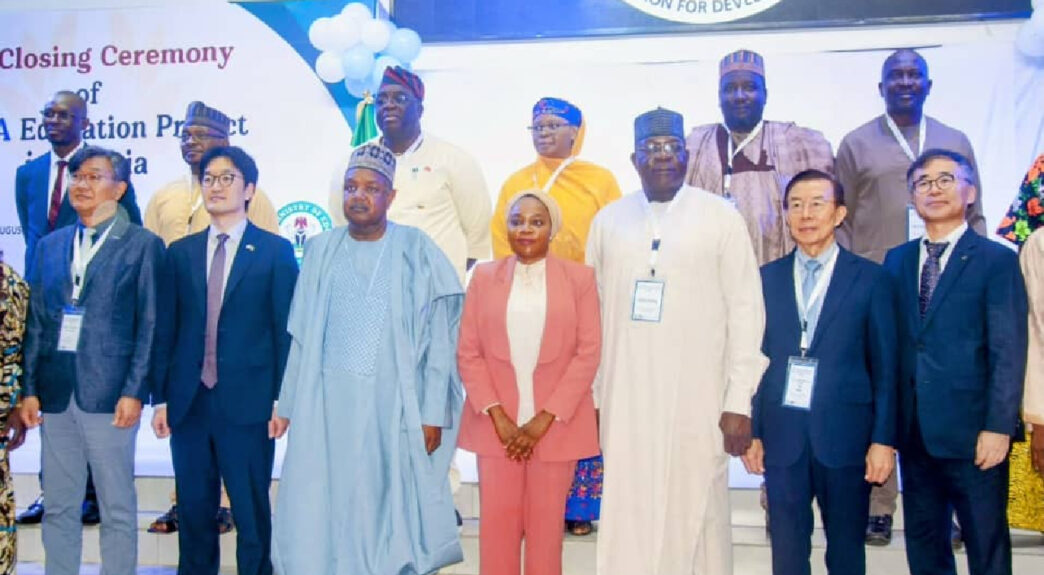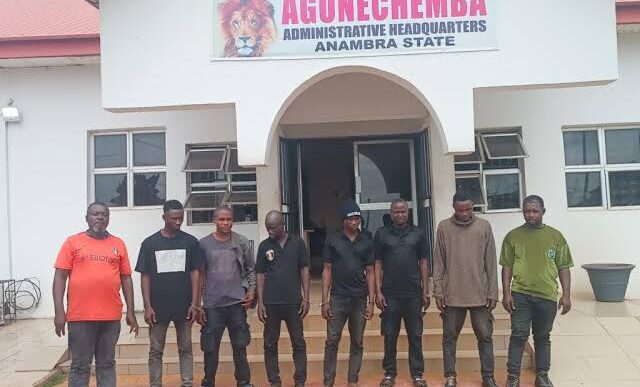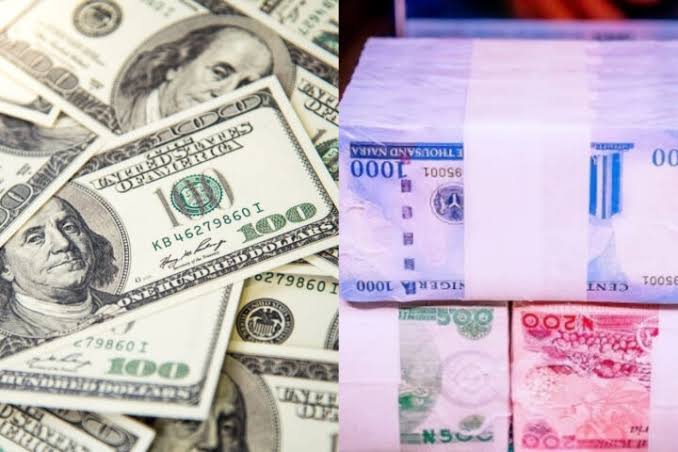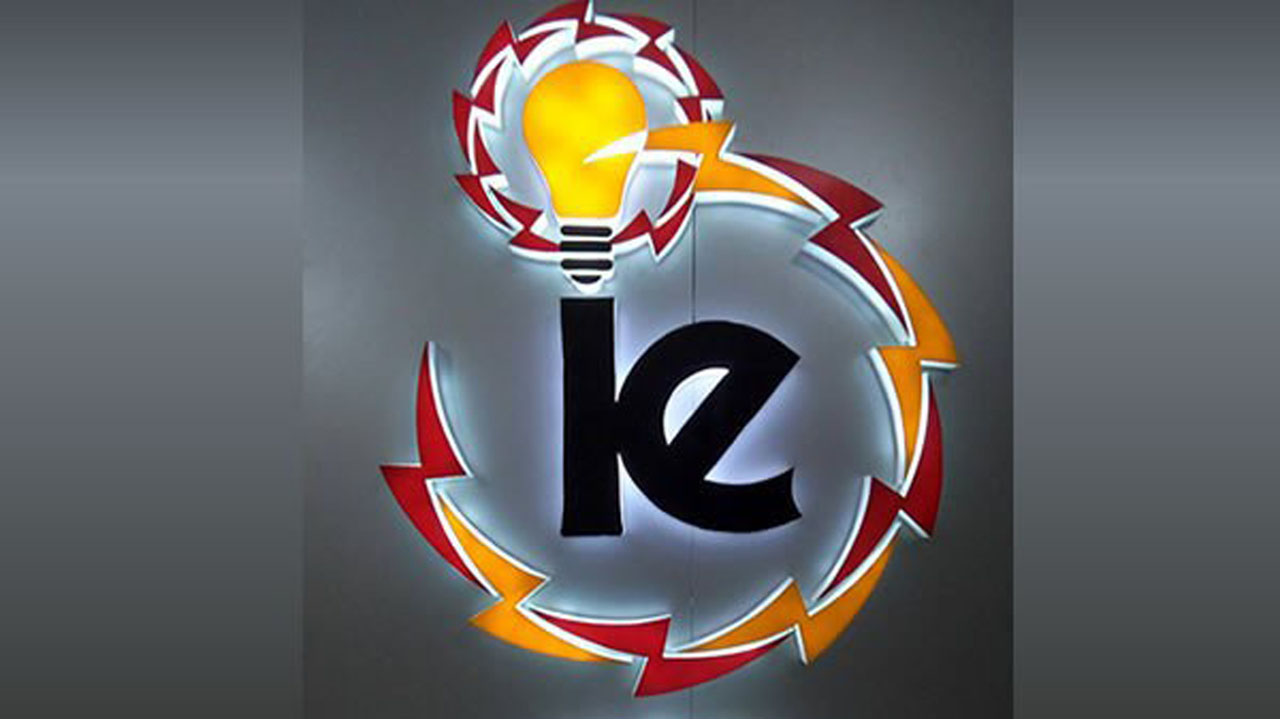Nigeria, in partnership with the South Korean government, has concluded the first phase of a $10 million digital education project aimed at enhancing classroom learning through technology across six states.
Gatekeepers News reports that the initiative is funded by the Korea International Cooperation Agency (KOICA) under official development assistance and implemented between 2021 and 2024 with the Universal Basic Education Commission (UBEC).
It is focused on upgrading multimedia learning environments and building capacity in public primary and junior secondary schools.
Six pilot states; Bauchi, Cross River, Ekiti, Nasarawa, Kano, and the Federal Capital Territory hosted smart schools equipped with modern facilities, including content development studios and multimedia tools.
Teachers and school leaders also received training in digital literacy, pedagogy, and classroom technology integration.
Project representatives noted that the intervention not only provided equipment but also developed local expertise, ensuring sustainability through teacher training and the creation of nearly 4,000 digital learning materials in mathematics and science.
Evaluations showed that students in smart schools outperformed their peers in conventional schools, particularly in mathematics and science.
Key achievements included the development of Nigeria’s first Smart Education Master Plan, the training of over 300 educators, and the establishment of six state-of-the-art content development studios.
Officials described the project as a major step toward systematic transformation of Nigeria’s basic education sector through innovation and digital technology, with potential for nationwide scale-up.











